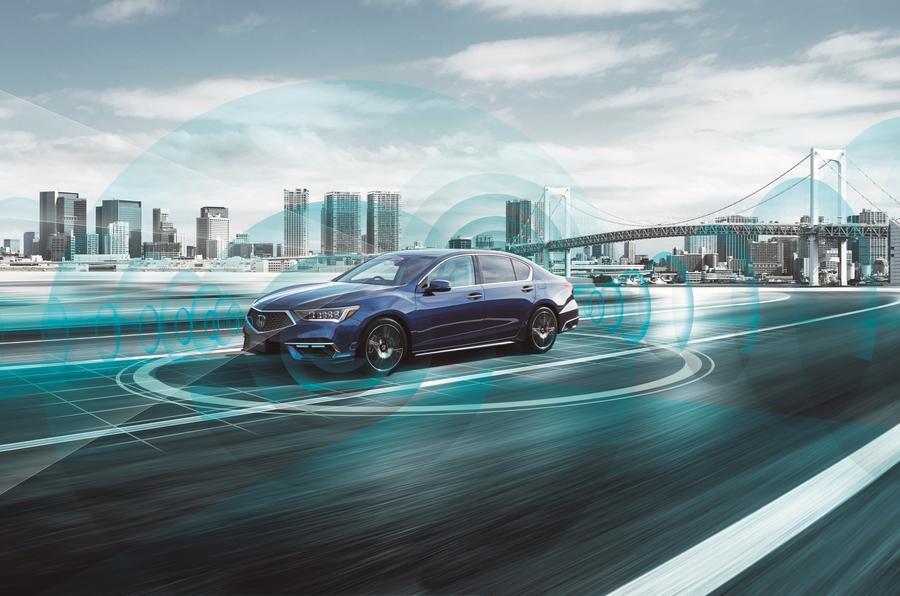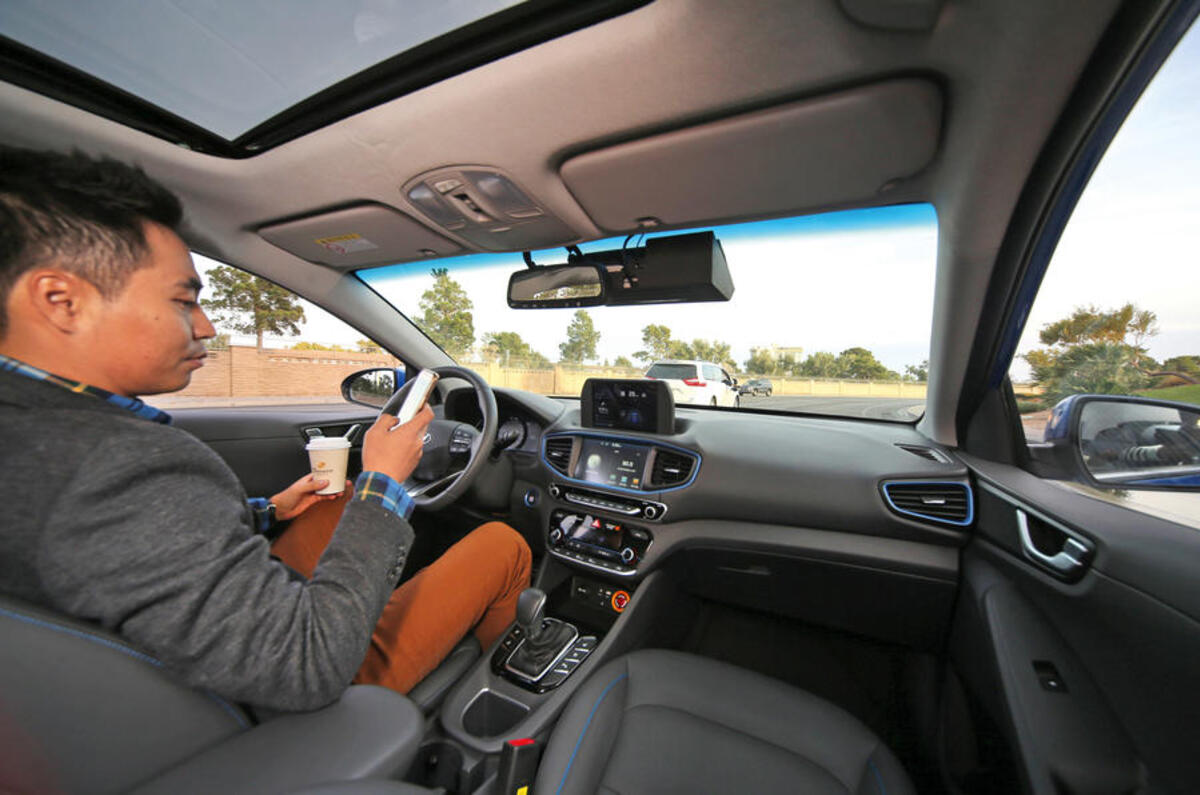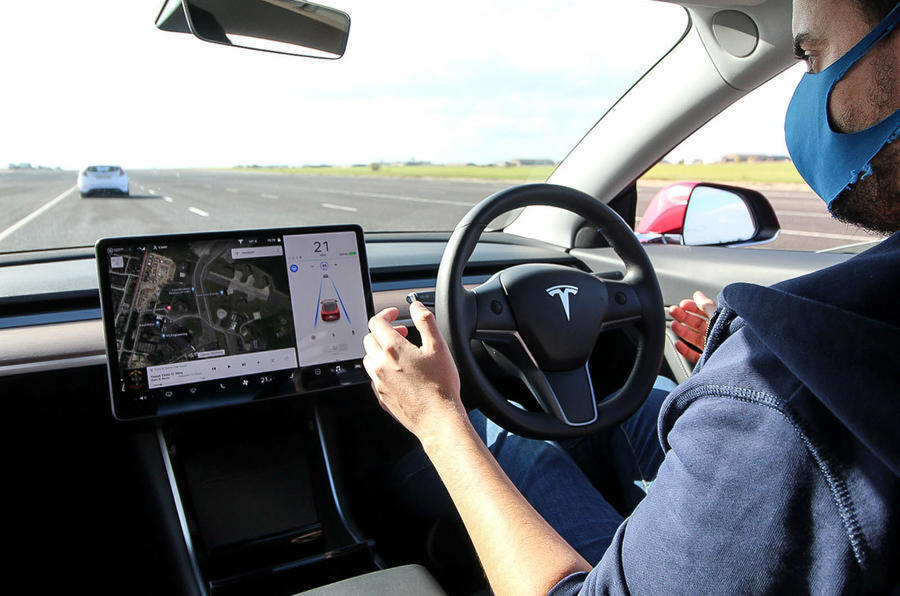The Law Commission of England and Wales and the Scottish Law Commission have issued a joint report that makes a number of recommendations to the government for the safe introduction of self-driving cars.
The report, commissioned by the Centre for Connected and Autonomous Vehicles in 2018, is the culmination of three consultations undertaken between 2018 and 2021, with input from "hundreds of stakeholders" from across the automotive industry and other sectors.
It has been presented to parliament and the Scottish Parliament, but the law commissions say "it will be for the UK, Scottish and Welsh governments to decide whether to accept the commissions’ recommendations and introduce legislation to bring them into effect".
The recommendations made build on reforms introduced by the 2018 Automated and Electric Vehicles Act, which ensured that any victims of a self-driving car crash did not have to prove anyone was at fault, and are compensated directly by the insurer.

In line with the introduction of more advanced autonomous functionality across the vehicle parc, and the adoption of new laws worldwide that facilitate the use of such technology, the report suggests that a clear distinction should be drawn between "features which just assist drivers, such as adaptive cruise control, and those that are self-driving".
The overarching recommendation of the report is the introduction of a dedicated Automated Vehicles Act, which would usher in regulations and legal framework specifically tailored to cars that are capable of driving themselves.
"The driver can no longer be the principal focus of accountability for road safety," say the commissions, in a situation where they are not in control of the vehicle themselves.
Ultimately, the human driver of a car at any time that it is "self-driving" would not be responsible for its actions. Responsibility would instead go to the so-called Authorised Self-Driving Entity (ASDE) - the company or body that obtained authorisation for the technology's use.
The person in the driving seat of a self-driven car would be known as a 'user-in-charge' under the terms of the proposed rules. Thus, they cannot be prosecuted for "offences which arise directly from the driving task", including dangerous driving, speeding and running a red light. They should still, however, be insured, check the stability of any loads and make sure children are wearing their seatbelts.
In the event of an infraction or incident, the ASDE – which is to say the vehicle manufacturer or self-driving software developer – would work with a regulatory body to avoid a repeat occurrence, and could face sanctions.









Join the debate
Add your comment
The headline in the media does not echo the details (of course). The key part of this is that manufacturers must be willing to learn from each event, if not then they face sanctions. It's not saying sue them for every crash or death. We need to set a sensible level of 'acceptable' crashes. Sounds horrible but we do that anyway and then look to improve year on year. Eg if 1 in 10 million journeys has a crash is that OK? But obviously not 1 in 100, that would indicate systemic faults in the design!
Well I asked the question a few years ago and I seem to have got an answer, at least that's something. Looks like all the "hundreds of stakeholders" think it's going to be profitable.
So many outstanding issues. A few: Is the user-in-charge responsible for regular servicing, tyres, cleanliness of sensors? Updates to the operating system? Hacked software? The vehicle will likely need to check in with the manufacturer before setting off on any journey, to download any patches. If the software developer or manufacturer goes out of business, is the vehicle scrap? If safety relies on new sensors can the manufacturer prevent the car from even starting before those are paid for and fitted? Such opportunities for up-selling.
That annoying warning light about low washer fluid, side light failure, low tyre pressure would mean the car not starting because it might cause the crash. No more nipping round to the filling station on your way back home. New warning lights for cleaning sensors.
Will the software be a monthly subscription? Will user-in-charge even need a driving licence and would the car be drivable by a person?
Overnight your car operating system has updated. Please do not turn off while it restarts. Please wait while it restarts. Please wait .... No Internet signal. Cannot restart.